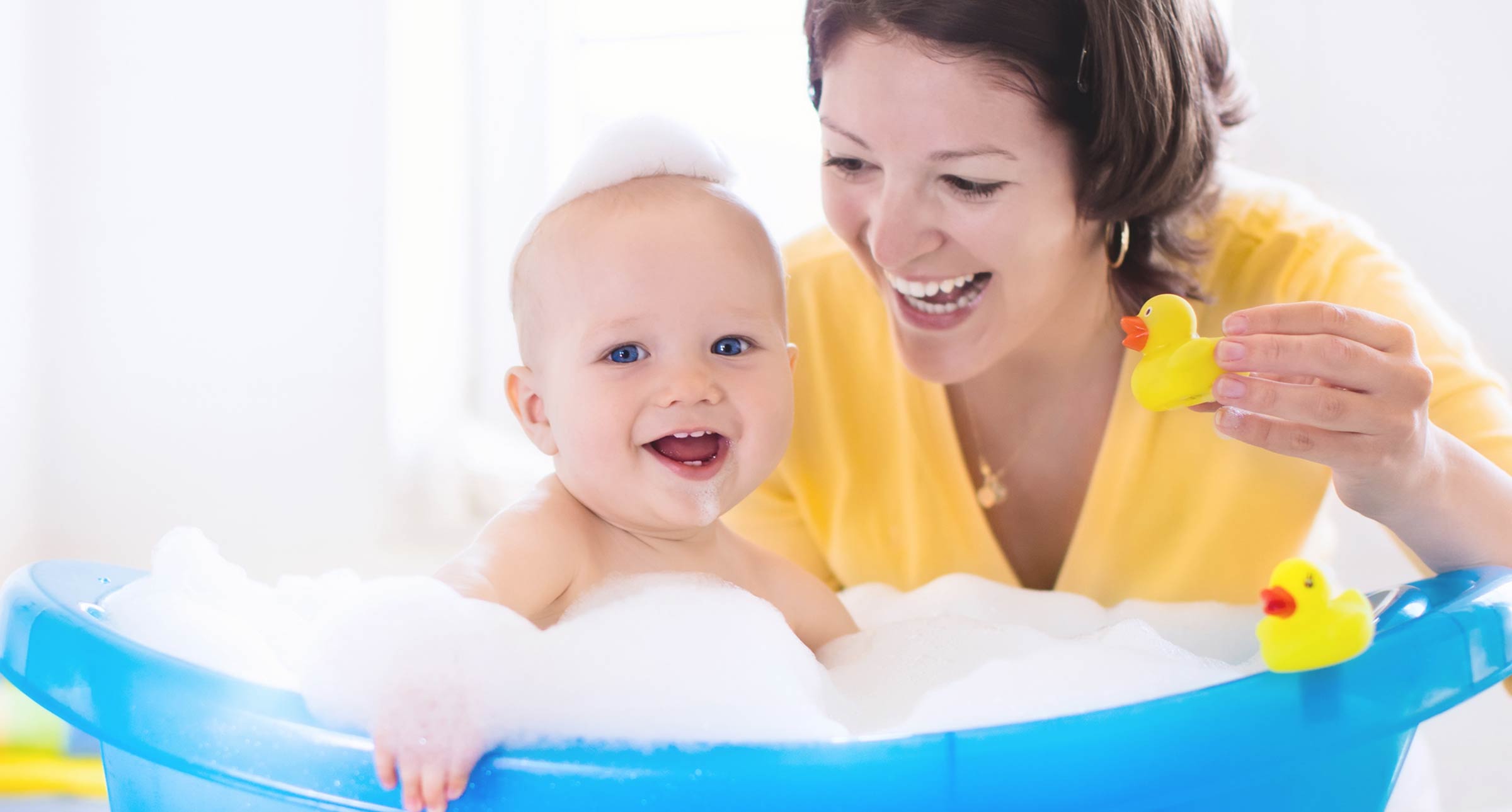Is your baby having gas pains?
Here’s how to relieve baby gas!
Your baby is miserable. Pushing, grunting, turning red. You are helplessly trying to soothe your baby, but nothing is working.
Gas pains are extremely common.
The problem is usually worse around one month of age – your baby is otherwise well, 90% of the day.
Important: If your baby is vomiting, has bloody or mucous stools, or poor feeding, let your doctor know.
Otherwise, your baby is learning how to poo.
It is a process that involves dozens of muscles, multiple nerve groups, and tremendous coordination that we often take for granted. Tummy time and bicycling their legs may help relieve some pressure. Ensure you are burping your baby often, and try keeping your baby upright for 15-20 minutes after a feed to help the meal settle.

Gas drops for babies
There are some over-the-counter options that your doctor may recommend- gas drops for babies, colic drops, probiotics for babies, and others, but your baby probably needs time to “figure things out.”
It is most important to realize that this is a normal process, don’t get too stressed out, and know when to pass the baby to someone else when you need a break.
#YouGotThis






































